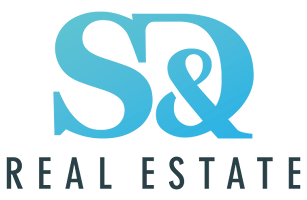If you’re a first-time homebuyer, odds are you’re shopping for a mortgage loan. Many types of home loans exist, so you’ll want to understand all the basics.
Read more to learn which type of home loan is right for you.
Which type of home loan is right for you?
There are many different home loans. Conventional loans, FHA loans, VA loans, fixed-rate loans, adjustable-rate mortgages, bridge loans, etc.
Each may require certain down payments or specific loan amount, mortgage insurance, and interest standards.
Fixed-rate loans vs. adjustable-rate loans
A fixed-rate loan is the most common type of conventional loan. It has a single interest rate and monthly payment for the life of the loan, which is typically 15 or 30 years.
You pay X amount for Y years for your mortgage. This loan will require a down payment, and the rise and fall of interest rates will not affect the terms of your loan.
It’s perfect for homeowners who crave predictability and don’t plan on moving anytime soon.
Unlike fixed-rate mortgages, adjustable-rate mortgages offer fixed-rate mortgage interest rates for some time, whether 5 or 10 years.
After that, your interest rates and monthly payments will adjust corresponding to current interest rates.
Homebuyers with lower credit scores are best suited for an adjustable-rate mortgage. This is because people with poor credit cannot get a reasonable interest rate on fixed-rate loans.
It’s also great for people who plan on selling their home before their fixed-rate period is up. However, the monthly payment can fluctuate.
FHA loan
Most home loans require a 20% down payment of the purchase price of your home. With a Federal Housing Administration (FHA) loan, you can put down as little as 3.5%.
This is because FHA loans are government-backed.
Homebuyers with little savings for a down payment make a good fit for an FHA loan. However, keep in mind that FHA loans have several requirements.
They’re limited to $417,000 and don’t provide much flexibility for most. They’re fixed-rate mortgages, with either 15- or 30-year terms.
Buyers with FHA loans will also have to pay mortgage insurance, which is approximately 1% of the cost of your loan amount.
VA loan
Veteran Affairs or VA loans can be an excellent alternative to a conventional loan. You can get a home with no down payment and no mortgage insurance requirements.
VA loans are for veterans who’ve served 90 consecutive days during wartime, 180 during peacetime, or six years in the reserves.
Because they are government-backed, they also have strict requirements. It must be your “primary” residence and meet the “minimum property requirements”.
USDA loan
Another government-backed loan is a USDA Rural Development loan. This type of loan is designed for families in rural areas.
The government will finance 100% of the home price for USDA-eligible homes. Borrowers who are struggling financially in rural areas can access USDA-eligible home loans.
They are designed to place homeownership in their grasp, with affordable mortgage payments.
But there’s a catch – your debt load cannot exceed your income by more than 41%, and, as with FHA, you will be required to purchase mortgage insurance.
Bridge loan
A bridge loan is also known as a gap loan or “repeat financing.” It’s a great option if you purchase a home before selling your previous residence.
Lenders will wrap your current and new mortgage payments into one. And once your home is sold, you pay off that mortgage and refinance.
This is perfect for homeowners with excellent credit and a low debt-to-income ratio who don’t need to finance more than 80% of the two homes’ combined value.
When in the market to buy a home, there are many different home loans to choose from. Be sure to research and determine which loan is right for you.

